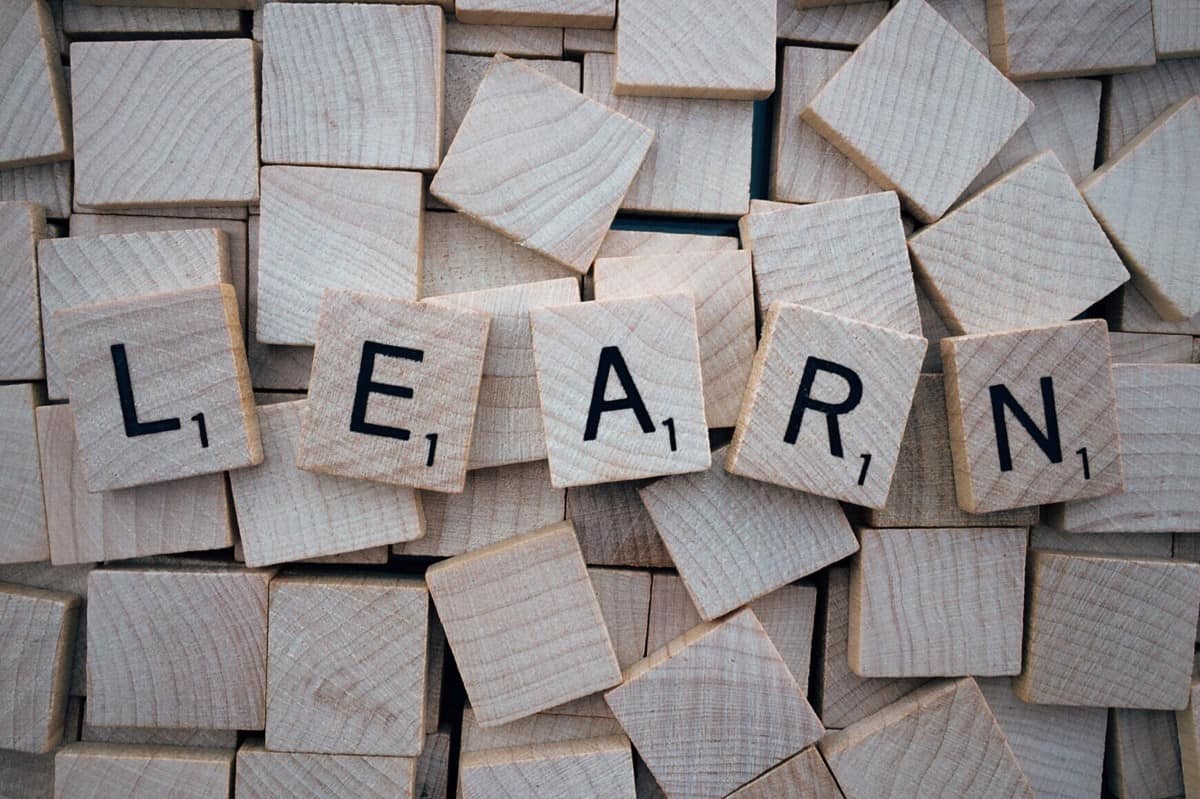Students will occasionally ask for help with their studies. College campuses have resources that are available for those who seek help whether it’s for tutoring or tips on study habits.
Benefits of Tutoring
Only 51% of college students seek out tutors or help with their studies. However, 36% never even ask for help from anyone. There are tutoring services that can be found on most every college campus, or even off campuses. If you are struggling, why would you not reach out and receive help? There are benefits to seeking out help.
- College students have trouble learning certain concepts. During your tutoring session, you will receive an individual learning experience. This experience will be unique to your learning style by customizing the lessons to strengthening your skills. You will receive one-on-one attention and be the focus of your tutor. It’ll be like having your own private teacher.
- Along with receiving unique and individual help, you can study at your own pace. If you don’t understand a concept, make sure that you continually work through it until you have a full grasp. This could also encourage you the freedom to ask questions during discussions with your professor. For whatever reason, most college students do not feel comfortable talking in the classroom setting. They’d prefer to wait and ask someone else, therefore, by seeking out help you may likely overcome your learning obstacles.
- By openly accepting this help, you will improve your academic performance. Your GPA will go up causing you to become very appreciative of your efforts. With improvement you will gain the self confidence that you need to be successful in completing your studies. Keeping your overall goal in mind is the key to achieving your goals which will have a positive impact on your self-esteem.
- You will eventually develop and improve your work and study habits. Feeling successful will help improve your outlook and attitude toward college. If you become frustrated due to your lack of knowledge, then you’re not going to feel good about yourself and what you are doing. You will use this your entire life. Even when you start your first career job, you will need to learn to focus on your work and study to gain knowledge.
- Create a positive work space, keep your things tidy, orderly and at your fingertips. Nothing is more frustrating than when you can’t find what you need. Impressions at work go a long way, you will want to practice this in your work space as well.
Studies show that tutoring makes you 85% more likely to graduate. After all, you are paying for your education, might as well go ahead and make the most of it.
Student Learning Strategies
Learning can be taught, even for those that are amongst the college years. There are several methods that students can use for a much better chance to help remember the material. Assessing your performance will allow you to know how much you have remembered so far and with more depth.
The following strategies will help you as a student to perform your best on tests and retain that information longer, even when the test is over.
- Spaced practice
- Retrieval practice
- Explanation and Interrogation
- Switching between ideas while studying
- Concrete examples
- Combing words and graphics
Spaced practice
If you want to learn to be durable, then this space practice strategy will help you store information for a much longer period. Studying should be taken place in chunks. Teachers can help students with learning by helping them make a strategy like creating a calendar to plan how they can review the chunks of content in their daily routine. Studying everyday helps information to absorb into your memory and not just hold onto it for a bit. Many students wait for the test night to learn the material, much like cramming. Similarly, teachers also wait for a day before the test to review it. This practice gives you a temporary benefit with a quick fix. Yes, students often perform well on the test by following this strategy and gain good marks. However, after a week or so all the information vanishes.
Retrieval Practice
Retrieval practice is that practice in which you bring the information in your mind without the use of any material. Most people follow the trend of learning by reading and re-reading books or textbooks etc. Having the information in front of you doesn’t just take us back to our memory, it tricks us into thinking that we know something. Recalling information without the use of materials helps us to remember it for much longer.
For example: put your books and other materials aside and then write or talk about something from the class by just looking at it. Talk from your mind what you think about it. After a week or so whenever you do talk about it, you should be able to clearly see the difference. For example, your memory at that time will last much longer than if you were to just try to remember from books.
Explanation and Interrogation
Try to elaborate on your ideas in detail as much as you can. This method allows you to simply recall the information and start making connections. You can make the connections between ideas that you are trying to learn and the information, experiences, and memories of your daily life. Interrogation means to question. So, when you use the term interrogation you ask yourself questions about how life should work and then try to find answers. Teachers can help students by applying this strategy in classrooms where these kinds of questions are explored, and students are asked to work explanations into their learning strategies.
Switching between ideas while studying
Common knowledge tells us to learn a skill and practice it over and over again. Repetition is vital if you want long term learning. It’s important to mix this practice with other skills; this is known as interleaving. Teachers should explain this strategy to their students so that they can apply interleaving in their study.
For example: Let’s say you are doing a math problem. Common learning says that you should do 6 to 7 questions of the same exercise such as multiplication. But interleaving has a different strategy, it will say to do some questions of multiplication, some division, and some square root. At first, it may be hard for you, however, when you take the exam it will make it easier for you to switch between questions because you have practiced it well.
Concrete examples
It means to give specific examples to understand ideas. Most teachers already use this strategy as it is very common. They give many examples while teaching. What they don’t do is, they don’t ask students to find their own examples related to a particular topic that they are discussing.
Teachers can help students by giving examples when they are teaching any abstract concept and then asking students to come up with their own examples and correcting them if they are not right. Students should be encouraged to continue this practice while they are studying.
Combining words and graphics
When any kind of information is presented to us it is usually accomplished with any kind of image or visual. It is very important for us to look at that image, pay attention to it and write our words according to that image. Because in this way the brain will reinforce the concept through two paths, which will make it very easier to retrieve later on.
When talking about visuals, there is not any specific thing regarding this concept, it can be anything such as a cartoon strip, a diagram, a graphic image or even an item in the classroom that you can relate the information to. Teachers can remind students to include diagrams, sketching or creating any graphic image.
By understanding and using multiple study strategies, you can ensure a more successful college career. Don’t wait until you’ve failed a course to decide to get help from a tutor, mentor or learning strategies. Then sooner you take advantages of these opportunities the less frustration you will feel.

